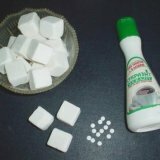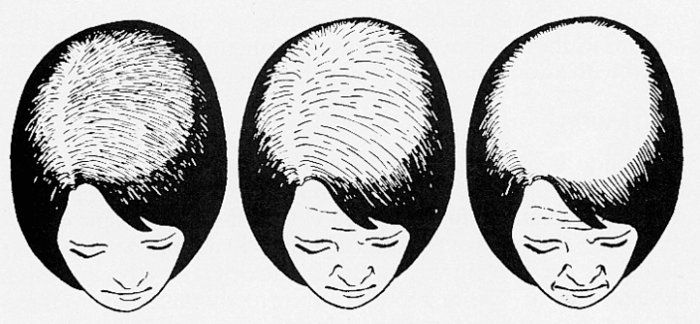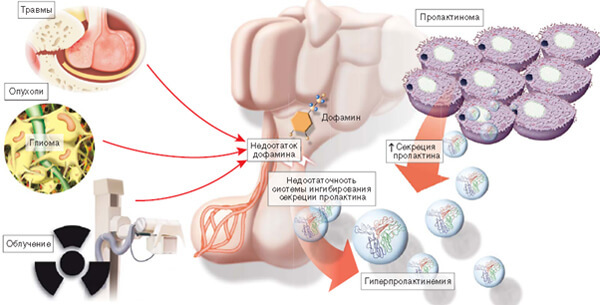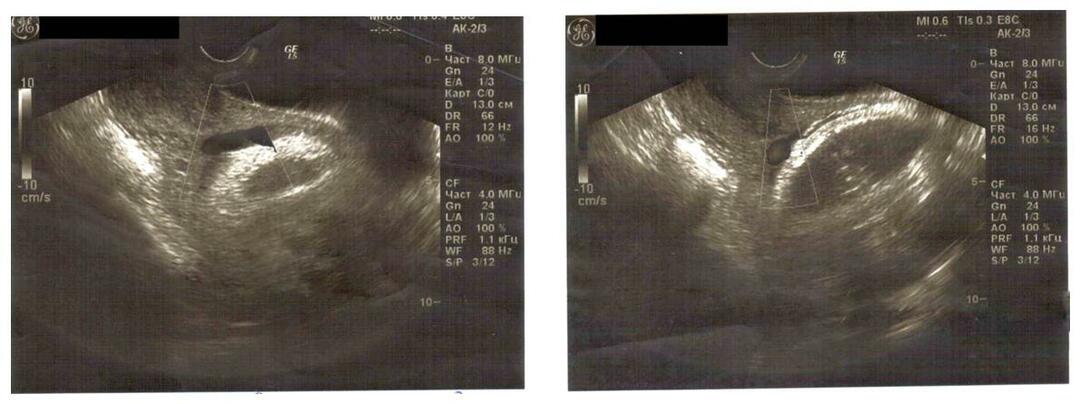Substitutes for sugar in diabetes mellitus
Diabetes mellitus is high in blood sugar. This is due to the insufficient impact of such an important hormone, like insulin. Insulin is secreted by the pancreas. When he has diabetes, he is either absent or inadequate. Also, this hormone regulates metabolism. With diabetes, the metabolism, first of all, is disturbed, as a result of which sugar in the blood rises. The main signs of the disease of diabetes - is a strong thirst and frequent urination.
Although diabetes is an incurable disease, but the general condition of the patient depends on the principle of treatment and the implementation of instructions. Therapy for diabetes has absorbed a whole complex, namely, the use of medications, patient education, prevention, systematic exercise, and of course, a diet.
Is selected for each patient with diabetes individually. At selection of a diet weight, age, activity of the person are considered. The main goal in diabetes is to maintain the optimal level of sugar. The sugar level should correspond to the level of sugar in the blood of a healthy person. But at the same time, the diet should saturate the blood with everything necessary.
With such a disease as diabetes, patients are categorically contraindicated in taking sugar and it is necessary to adhere to a certain diet of .But at once it is impossible to completely exclude sugar from the diet because of the appearance of discomfort and feelings of insufficiency, so you need to use sugar substitutes that do not increase the amount of glucose in the blood. They taste almost the same as sugar. Substitutes for sugar in diabetes can be divided into two groups according to their participation in the life of the body and tolerance. These are the calorific , which, when split, form energy due to their energy value, and non-caloric - do not participate in the replenishment of the energy reserve. All caloric substitutes for sugar are exclusively of vegetable origin, they include fructose, xylitol, sorbitol. People prone to fatness should take them with caution, rely on its energy value, one gram consumes allocates up to four kilocalories of energy. But in the process of eating sugar for one day stands out almost 200 kcal more.
The main types of sugar substitutes
So, briefly describe some types of sugar substitutes, which are most often used in diabetics diabetics.
Sorbitol - a substitute for plant origin, looks like a white powder, by sweetness yields to sugar almost three times. It is present in various fruits. Sorbitol does not change the amount of glucose in the blood due to the fact that its assimilation takes place in the intestine. For a day sick with diabetes can use about thirty grams. An overdose of sorbitol will act as a laxative( discomfort in the stomach, diarrhea).
Fructose sweetener. You can find it in fruits and berries. According to the sweetness, sugar is inferior to it almost six times, in spite of the fact that a kilocalorie is released as much( four per 1g).Unlike sorbitol, fructose can often increase the glucose content. When heated to high temperatures, the sweetness decreases. Fructose is advised to take people who are addicted to hyperglycemia, since the formation of hepatic glycogen is improved.
Sugar substitute for xylitol. It is made from corn and cotton husks. When it is used, the withdrawal of food from the stomach slows down significantly, since there is an anti-ketogenic property, and the amount of food taken decreases. At the boiling of taste does not change. Kilocalories when consumed are as much as from fructose and sorbitol.
Now a little about non-caloric sweeteners.
Saccharin is a sugar substitute. When it is consumed, very little kcal is released, regardless of the fact that sugar yields to it three or three times in sweets, and sometimes reaches seven hundred. But it should be noted that saccharin is added to the already cooked food, as during cooking, baking, etc., it becomes bitter.
Aspartame( or another name for sladex).When heated to 100 degrees it collapses. This sugar substitute does not need insulin. Dietary food is often cooked with it, and sugar for sweets yields to it two hundred times. Such a disease as phenylketonuria and this sugar substitute are sworn enemies, since aspartame is a meek protein.
Women are not allowed to eat non-sugar substitutes for sugar during pregnancy. A suitable daily intake for an adult is up to thirty grams, people in old age should be reduced by one and a half times.
When consuming sugar substitutes, people should try to follow these tips:
- Caloric sugar substitutes should be consumed no more than fifteen grams per day to make sure that they are well tolerated by the human body.
- Before using, remember the calories that are released.
- If there is discomfort in the stomach, nausea, heaviness, try to reduce the dose of intake to half. In rare cases, it is necessary to completely abandon the application.
- Do not exclude basic foods for a diabetic diet.
Sugar substitutes for diabetes make it easy for the whole rigidity of the diet. We have been using sweet foods for food since our earliest childhood. Therefore, when diabetes is a disease, sugar substitutes are, as it were, an "outlet", which helps us not to lose heart and live further normal normal lives.
 At first glance, the diagnosis of "diabetes mellitus" sounds like a sentence, a sentence for an inferior life. But for a long time that time has already passed. Patients with diabetes have long learned to live normally, to do what they love. Modern methods of treatment with insulin, tablets, a balanced diet, the right daily routine, modern types of sugar substitutes make it possible to live a full life of a healthy person.
At first glance, the diagnosis of "diabetes mellitus" sounds like a sentence, a sentence for an inferior life. But for a long time that time has already passed. Patients with diabetes have long learned to live normally, to do what they love. Modern methods of treatment with insulin, tablets, a balanced diet, the right daily routine, modern types of sugar substitutes make it possible to live a full life of a healthy person.



